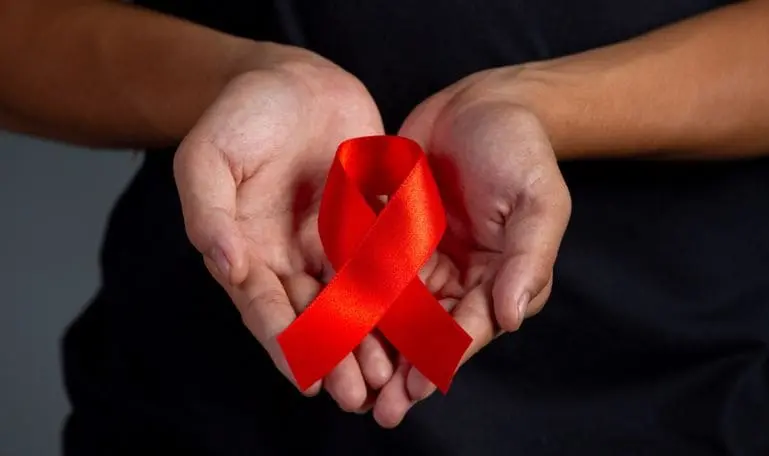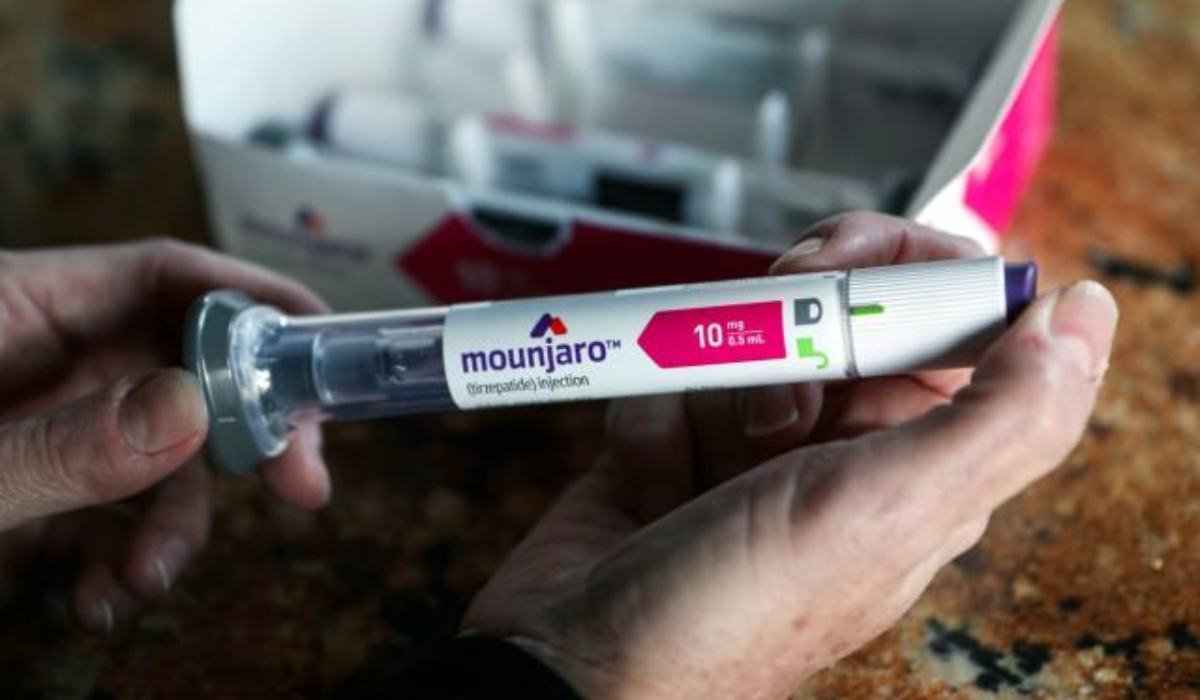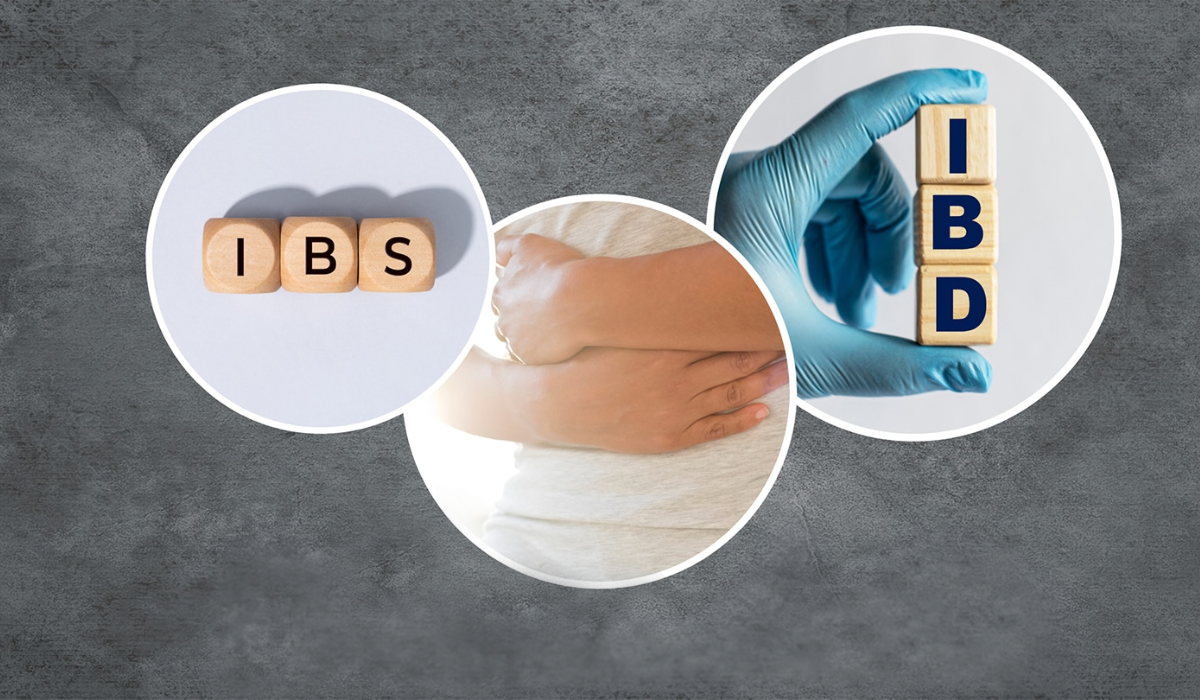Scott Read Pharmacy

What is HIV?
The human immunodeficiency virus (HIV) is a type of disease that damages the body’s immune system. By eliminating your T-cells, it compromises your immune system until you are incapable of fighting against even minor infections.
HIV can boost your immune system, making you more susceptible to bacterial and viral infections. You can have problems recovering since it is tougher for your body to fight off certain diseases when you contract them.
According to estimates, 1.2 million Americans are HIV-positive right now. One in seven of them is unaware they have the HIV infection.
HIV can develop into acquired immunodeficiency syndrome (AIDS) if left untreated. When your body produces insufficient white blood cells, AIDS develops, making you susceptible to serious sickness and death.
To know more about HIV, its Symptoms, Causes, Diagnosis, Treatment, and Prevention of HIV – keep reading!
Symptoms of HIV
It is possible to have HIV without showing any HIV symptoms and signs. It is why; even if you don’t feel ill, it’s crucial to get checked on a regular basis.
When you initially get infected with HIV, you may experience flu-like symptoms. These may consist of:
- Fever.
- Headache
- Chills.
- Fatigue.
- Throat pain.
- Muscle pain.
- Sweats during the night.
- Rashes.
- Nausea
- Stomach pains.
During this time, a person’s viral load is quite high whether they are experiencing HIV symptoms or not. The amount of HIV in the bloodstream is known as the viral load.
When there is a high viral load, HIV can be spread quickly to new individuals. The HIV symptoms in women or men may develop or worsen as it advances. It might take a while.
Some HIV-positive patients take up to 10 years before showing symptoms.
When symptoms show up, they may be severe such as
- Diarrhea.
- Fever.
- Cough.
- Breathing difficulty.
- Unintentional weight loss.
- Swollen lymph nodes.
- Mouth sores.
So, make sure to go through frequent health checkups and consult a healthcare professional, even if you face minor HIV symptoms.
Causes of HIV
HIV spreads through infected blood, sperm, or vaginal fluids that enter your body. The following actions frequently cause the virus to spread:
- Anal sex: Semen, pre-seminal fluid, or rectal fluids are all possible HIV causes during anal intercourse. As a result, the risk of HIV is higher for the receiving partner than the insertive partner. The rectum’s thin tissue lining makes virus transmission easy. The insertive partner also poses a certain level of risk. The virus can enter the penis through open sores, the foreskin, or the urethra.
- Vaginal sex: Compared to anal sex, vaginal sex poses a lower risk of contracting HIV. Nevertheless, the virus can transmit through menstrual blood, fluid from the vagina, pre-seminal fluid, or semen.
- Shared drug needles and syringes: Sharing drug related items also raises your risk of coming into contact with other people’s blood, which could raise your risk of HIV illness.
- Pregnancy, childbirth, and breastfeeding: HIV can be passed from mother to baby via the placenta throughout pregnancy. The fetus is even more at risk during giving birth. HIV can be passed from mother to child via blood, amniotic fluid, and breast milk.
Prevention of HIV
While there is no cure for HIV, there are therapies that can slow its progression.
Despite the fact that there is no prevention for HIV, there are several HIV medications that can be used to treat it. These HIV drugs, often known as antiretroviral therapy or ART, will frequently stop HIV from turning into AIDS.
Even when HIV progresses to AIDS, antiretroviral medication is frequently beneficial. However, the earlier you start treatment for HIV, the more successful it is. They can also increase a person’s quality of life and lengthen their life expectancy as well.
Nevertheless, even if you take HIV medications and feel fine, you could still spread the virus to others through unhygienic intercourse or blood transfusions.
The HIV drugs just maintain a strong enough immune system to shield you from HIV, not actually killing the virus.
HIV has a fairly high rate of survival when treated. Many HIV-positive patients lead long, healthy lives. The majority of patients tolerate these HIV drugs well, and they are getting more and more effective results. One pill a day is all you need.
To conclude
In conclusion, HIV remains a significant global health concern, affecting millions of people worldwide. Understanding the meaning, symptoms, causes, and treatment of HIV associated is crucial for both individuals and communities.
Recognizing the HIV symptoms is vital for early diagnosis and timely intervention. Education and awareness about safe sexual practices are crucial in preventing new HIV infections.
While there is no cure for HIV, advancements in medical research and treatment of HIV have significantly improved the quality of life for individuals living with the virus. It is crucial for individuals diagnosed with HIV to adhere to their treatment regimen to maintain their health and reduce the risk of transmitting the virus to others.
If you are looking to get the best HIV medications and supplements, you can reach out to Scott Read Pharmacy – the best pharmacy in Houston to avail high-quality products.
Together, we can make a difference in the lives of those affected by HIV and create a more inclusive and compassionate society.
Recent Posts
Recent Blogs
Study Reveals: Mounjaro leads to far more weight loss than Ozempic.
Study finds Mounjaro outperforms Ozempic in weight loss If you struggle with obesity, you’ve undoubtedly already heard all of the…
IBS or IBD: How do these two diseases vary?
IBS or IBD: How do these two diseases vary? We’ve all had uncomfortable digestion at some point. Bloating, painful cramps,…
Are Weight Loss Medications Worth it? A Deep Dive Into it
Scott Read Pharmacy: Elevate your health journey with our personalized weight loss medications, ensuring safe and effective results. Trust us for…
Scott Read Pharmacy is proudly powered by WordPress










